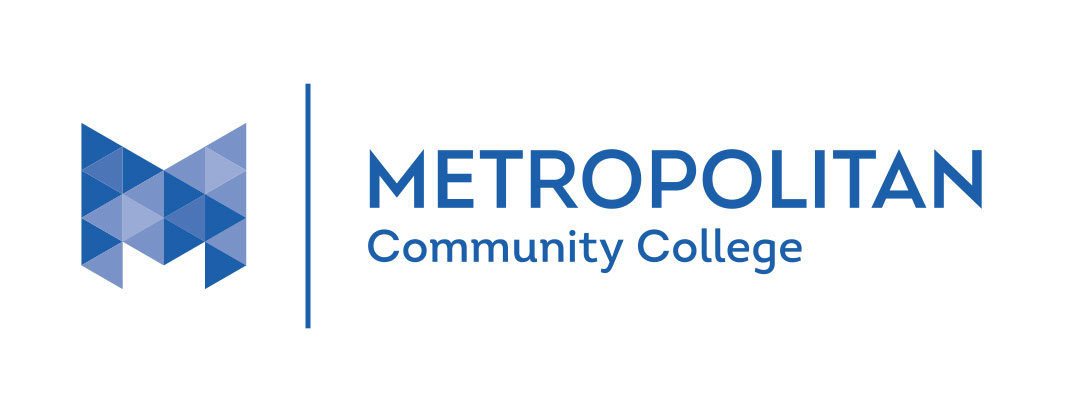Diversity and Equity
Diversity and equity are key to the human element and climate justice of sustainability. Here at MCC, we work with the Office of Equity and Inclusion to highlight their initiatives and support the recommendations by AASHE STARS. Below are the STARS credits for diversity and equity. To learn more about MCC’s current report, go to the STARS website.
Recent initiatives include support for faculty looking to improve diversity and inclusion in the classroom and the creation of a bias response process for MCC students. Other Equity and Inclusion activities can also be seen on the MCC website.
| Credit | Summary | Points possible |
|---|---|---|
| Diversity and Equity Coordination | Part 1: Institution has a diversity and equity committee, office, and/or officer (or the equivalent) tasked by the administration or governing body to advice on and implement policies, programs, and trainings related to diversity, equity, inclusion, and human rights on campus. The committee, office, and/or officer may focus on students and/or employees. Part 2: Institution makes cultural competence trainings and activities available to students, staff, and/or faculty. | 2.0 |
| Assessing Diversity and Equity | Institution has engaged in a structured assessment process during the previous three years to improve diversity, equity, and inclusion on campus. The structured diversity and equity assessment process addresses:
The results of the assessment may be shared with the campus community and/or made publicly available. | 1.0 |
| Support for Underrepresented Groups | Institution has one or more of the following policies, programs or initiatives to support underrepresented groups and foster a more diverse and inclusive campus community:
| 3.0 |

